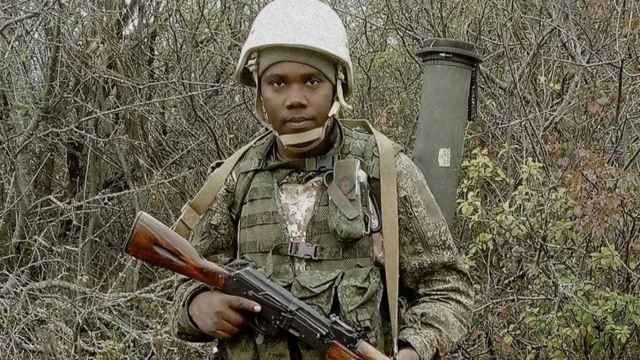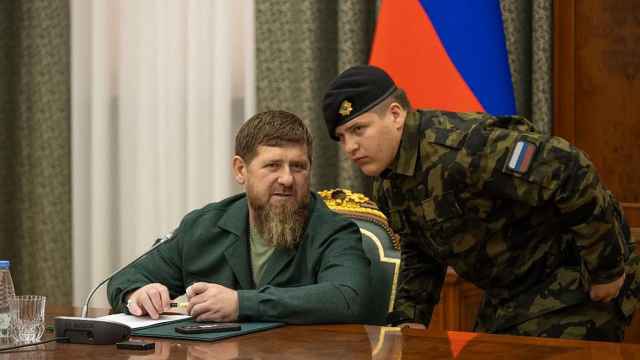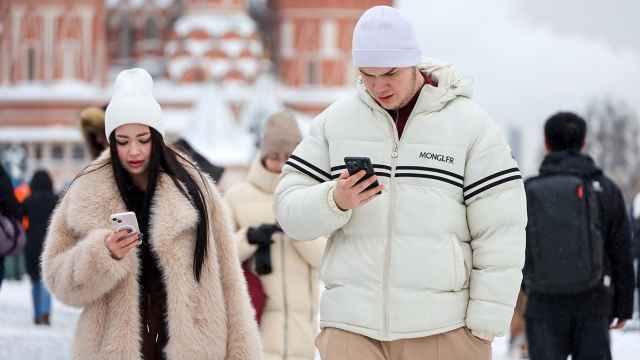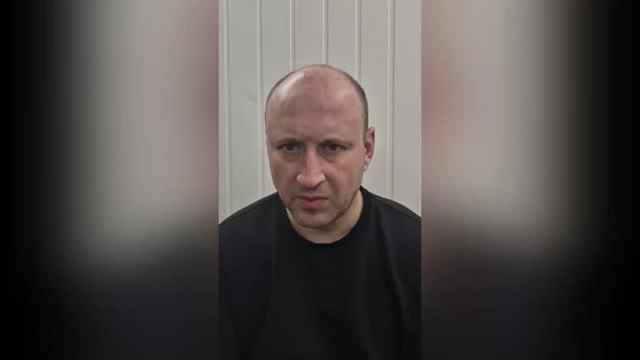The U.S. edged out host nation Russia in a thrilling men's ice hockey game at the Winter Olympics on Saturday, but a last-minute switch of high-tech suits failed to propel American speed skaters to their first medal of the Sochi Games.
Ice hockey mania gripped the Sochi Games on another warm, sunny day on the Black Sea coast, as two of the sport's heavyweights met in a match redolent of rivalries past.
President Vladimir Putin watched the game, and later visited compatriot and skicross racer Maria Komissarova, who underwent 6 1/2 hours of surgery after breaking her back in a training crash in the mountains.
The president spoke to the 23-year-old, who is conscious, after her operation, and telephoned her father to reassure him that she was getting the best care possible.
Komissarova suffered the injury during training at the PSX Olympic skicross venue at Rosa Khutor Extreme Park. She was taken to Krasnaya Polyana Hospital No. 8, specially built for the Olympics, where doctors decided to operate.
"During one of her training runs, Maria injured her spine," team head of press Mikhail Verzhba said. "It is a serious injury."
At the futuristic Bolshoi Ice Dome back in Sochi, the hosts lost 3-2 after T.J. Oshie scored in the eighth round of the shootout to end an electrifying clash.
Evoking memories of the 1980 Lake Placid Olympics 'Miracle on Ice,' when a group of American college players upset the then Soviet Union's 'Big Red Machine,' the game delivered on everything it had promised.
There was breathtaking pace, skill, intensity, great goaltending, some controversy and plenty of edge-of-your seat drama. Everything, in fact, except a win for the hosts.
Putin, whose legacy will rest in part on the Feb. 7 to 23 Games going smoothly, was philosophical in defeat.
"Sport is sport," he said during a meeting with Afghan war veterans. "I think the team put in a very decent performance. We'll see. There are key games ahead. We wish them success."
But there was double joy for the host nation after Viktor Ahn led Russia to a one-two in the men's 1,000 meters short track speed skating, and "Russian Rocket" Alexander Tretyakov sealed Russia's first Olympic gold in skeleton.
The excitement on the eighth day of competition in Sochi typified the atmosphere that has taken hold, banishing memories of a buildup to the Games overshadowed by threats of Islamist militant attacks and concerns over Russia's human rights record.
U.S. President Barack Obama decided not to come to Sochi and, following criticism of Putin's stance on gay rights, sent a delegation including gay officials.
There have been accusations of widespread corruption and profligacy surrounding the Olympics, which some estimates say cost $51 billion, making them the most expensive ever held.
Putin has dismissed those charges, and some Russian officials put the price tag much lower.
Despite frustration at what Putin recently called the West's Cold War mentality towards Russia, he has appeared at ease as he embarked on rounds of "wine diplomacy" in Sochi that included sharing a glass, and a chat, with U.S. team officials.
"I want to thank the fans who create this unique atmosphere of friendship and cooperation," he said on Saturday.
A Message from The Moscow Times:
Dear readers,
We are facing unprecedented challenges. Russia's Prosecutor General's Office has designated The Moscow Times as an "undesirable" organization, criminalizing our work and putting our staff at risk of prosecution. This follows our earlier unjust labeling as a "foreign agent."
These actions are direct attempts to silence independent journalism in Russia. The authorities claim our work "discredits the decisions of the Russian leadership." We see things differently: we strive to provide accurate, unbiased reporting on Russia.
We, the journalists of The Moscow Times, refuse to be silenced. But to continue our work, we need your help.
Your support, no matter how small, makes a world of difference. If you can, please support us monthly starting from just $2. It's quick to set up, and every contribution makes a significant impact.
By supporting The Moscow Times, you're defending open, independent journalism in the face of repression. Thank you for standing with us.
Remind me later.





